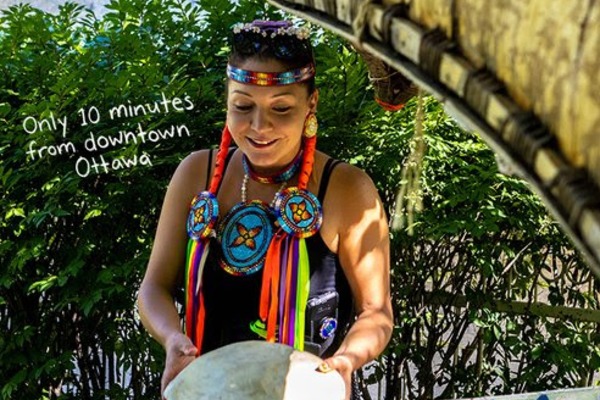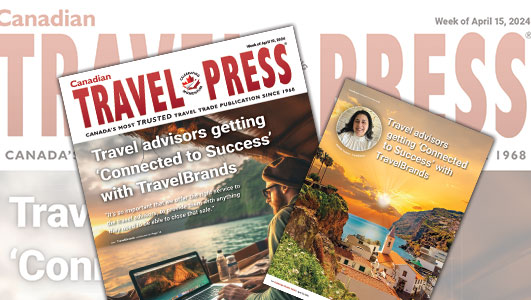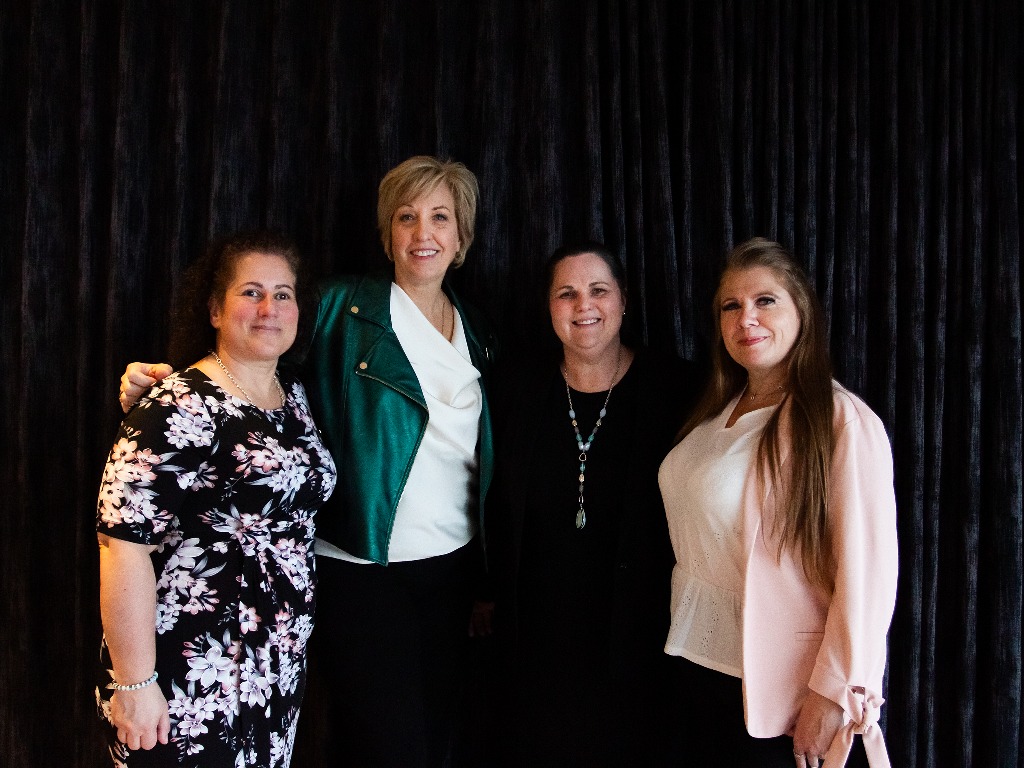This Video Tells The Pandemic Stories Of Indigenous Tourism

As it continues to urge the federal government to make significant changes to its 2021 Budget before the vote on its passage happens on Monday (April 26), the Indigenous Tourism Association of Canada (ITAC) told Press Today that it is also advocating for the Indigenous tourism sector to be recognized as a separate entity with direct funding and Indigenous-led solutions, so that one of this country’s greatest assets is protected.
Reacting to the budget, ITAC president and CEO, Keith Henry said that: “Because of systemic racism and limited access to vital resources, Indigenous People in Canada do not have historic relationships with mainstream banking institutions and, therefore, need the funding to be disseminated through the National Aboriginal Capital Corporations (NACCA) and ITAC to ensure proper disbursement and access to critical funding.”
And Brenda Holder, ITAC Board Chair, pointed out that: “Since its inception in 2015 and prior to the pandemic, ITAC has helped advance the Indigenous tourism industry to one of the fastest-growing tourism sectors in Canada through a coordinated, strategic and Indigenous-led approach.”
Video Tells The Story
ITAC has documented the struggles of the people who own businesses and who work in Indigenous tourism in a new and, frankly, deeply emotional video, that everyone who reads this should take a few minutes and watch.
Uptake Is Low
In researching key COVID-19 federal government relief programs, ITAC found their usage by the Indigenous tourism industry to be low; demonstrating why an Indigenous-led solution must be paramount to stabilizing and rebuilding Indigenous tourism in Canada.
ITAC found that:
- 8% of Indigenous tourism businesses surveyed accessed Canadian Emergency Benefit Account (CEBA)
- 7% of the Indigenous tourism businesses surveyed accessed the Canadian Emergency Wage Subsidy (CEWS)
- 0.02% of the Indigenous tourism businesses surveyed accessed the Canadian Emergency Rent Subsidy (CERS)
- 0.1% of the Indigenous tourism businesses surveyed accessed funds through a Regional Development Agency (RDA) tourism support Program, Regional Relief and Recovery Fund (RRRF)
- 6.6% of the Indigenous tourism businesses surveyed applied for the Highly-Affected Sectors Credit Availability Program (HASCAP)
Since the onset of the pandemic, ITAC has called for Indigenous-led solutions given the historically ineffective federal relief programming for Indigenous tourism businesses.
Massive Losses
The association points out that since the onset of the pandemic, the Indigenous tourism industry has lost nearly half of its businesses — there were 1,900 in March 2020, today there are 1,000 and a third of its workforce — which were not able to access the support provided through mainstream systems and institutions.
And ITAC makes it clear that without a change to the budget, the association cannot keep provincial and territorial Indigenous tourism associations and Indigenous tourism businesses that rely on ITAC afloat — causing the entire industry to collapse.
In fact, ITAC makes it clear that the past year has resulted in a loss of 30 years of progress to the Indigenous tourism industry and without direct federal funding everything will be lost with no hope to rebuild.
The growing Indigenous tourism sector in Canada has brought economic growth and stability to at-risk Indigenous communities, providing a successful Indigenous-led model where previous government programs have failed. As a result, Indigenous tourism has contributed an approximate $1.9 billion to Canada’s GDP.
More importantly, the industry provides a portal into the culture and heritage of Indigenous people in Canada, and an opportunity to reconcile and preserve Indigenous people’s culture.
And Holder reminds: “The Indigenous Tourism Association of Canada is a recognized leader in the industry, supported by provincial and territorial Indigenous tourism organizations across the country and relied on by Indigenous tourism businesses and entrepreneurs.”
For Henry, the path is clear: “ITAC will continue to advocate heavily for Indigenous-led solutions in order to ensure the survival of the Indigenous tourism industry. It is time for the federal government to listen to Indigenous people about what they need, not decide for them. Now is the time for reconciliation.”
ITAC’s detailed reaction to the April 19 federal budget is available here.


